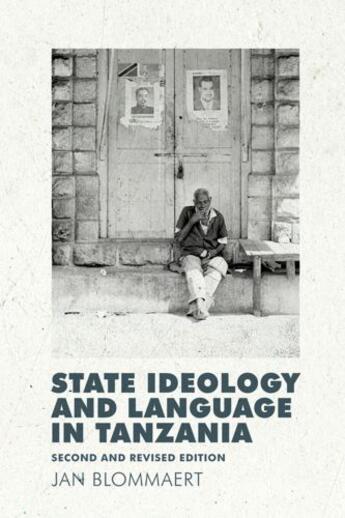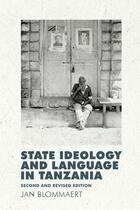-
Nombre de pages : (-)
-
Collection :
(-)
-
Genre :
(-)
-
Thème :
Non attribué
-
Prix littéraire(s) :
(-)
Résumé:
Tanzania is often seen as an exceptional case of successful language planning in Africa, with Swahili being spread to all corners of the country. Yet, this objective success has always been accompanied by a culture of complaints proclaiming its utter failure.
State Ideology and Language in... Voir plus
Tanzania is often seen as an exceptional case of successful language planning in Africa, with Swahili being spread to all corners of the country. Yet, this objective success has always been accompanied by a culture of complaints proclaiming its utter failure.
State Ideology and Language in Tanzania sets out to explore this paradox through a richly documented historical, sociolinguistic and anthropological approach covering the story of Swahili from the early days of independence until today. Focusing on the ways in which Swahili was swept up in the 'Ujamaa revolution' - the transition to socialism led by president Nyerere - Jan Blommaert demonstrates how the language became an emblem not just of the Tanzanian 'cultural' nation, but above all of the 'political' nation. Using Swahili meant the acceptance of socialism, and the spread of Swahili across the country should equal the spread of Ujamaa socialism. When this did not happen, the verdict of failure was proclaimed on Swahili, which did not prevent the language from becoming one of the most widely used and dynamic languages on the continent.
This book is a thoroughly revised version of the 1999 edition, which was welcomed at the time as a classic. It now extends the period of coverage to 2012 and includes an entirely new chapter on current developments, making this updated edition an essential read for students and scholars in language, linguistics and African Studies.
Donner votre avis















